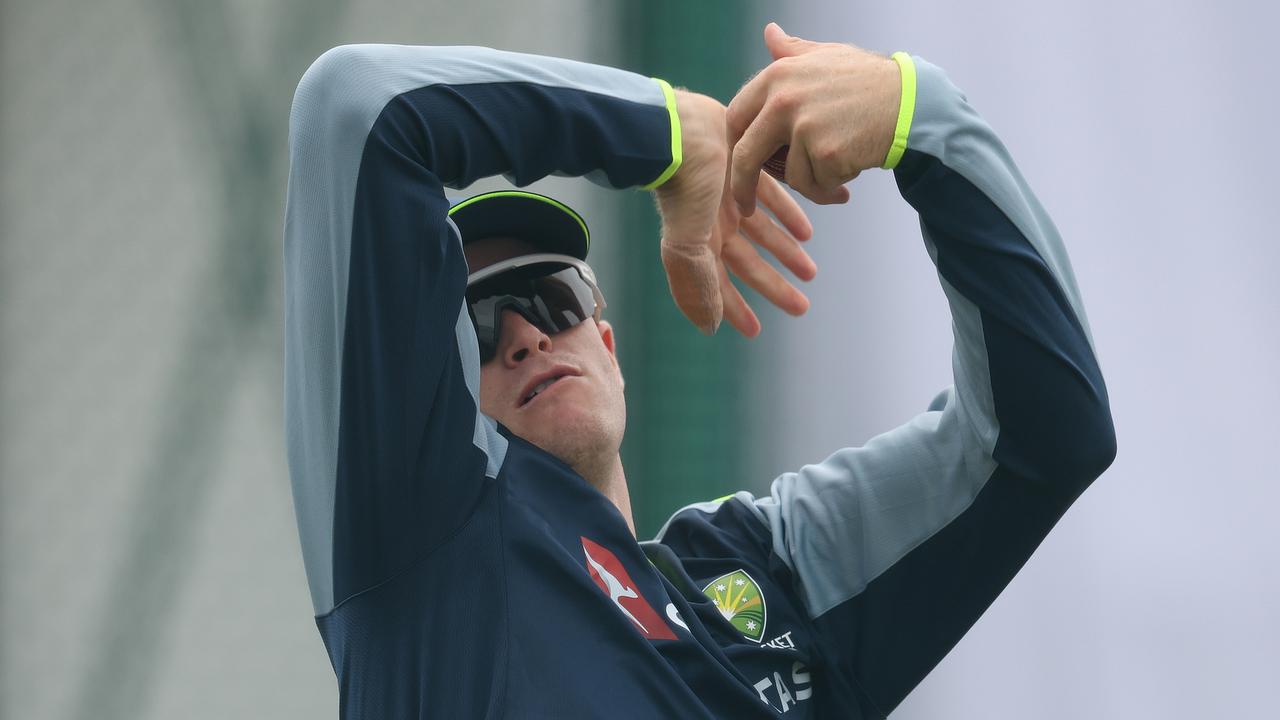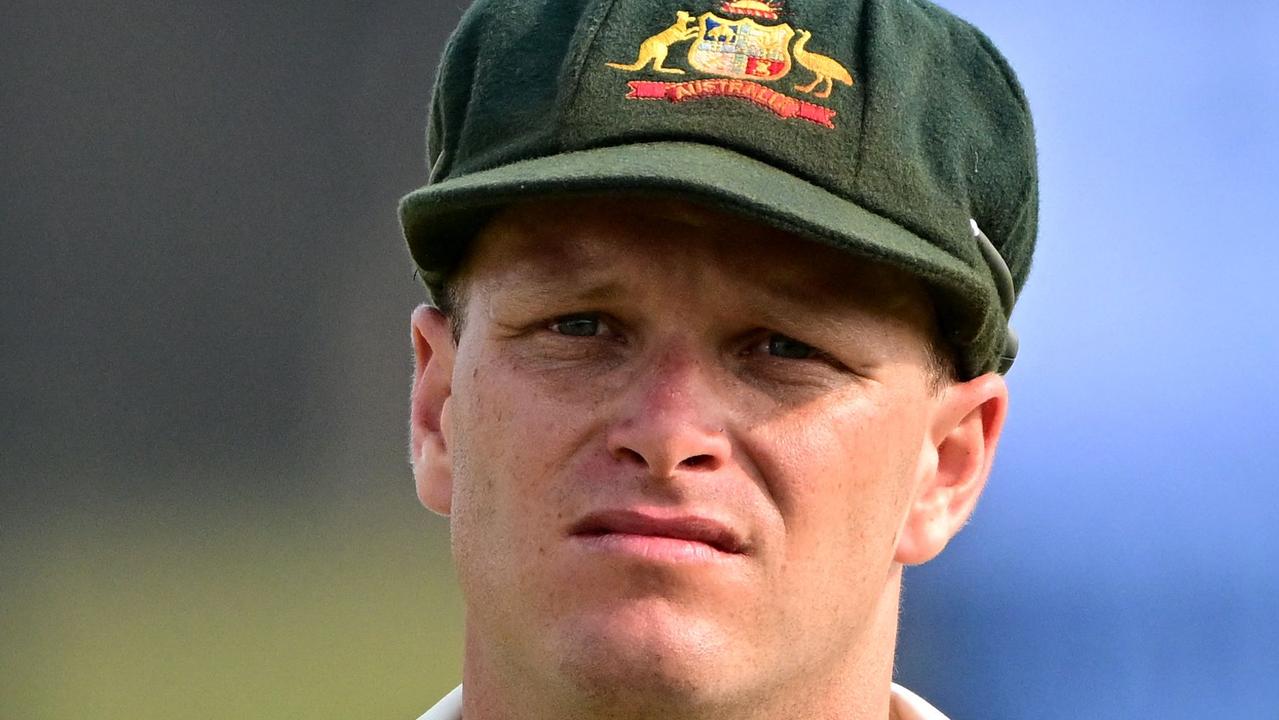Al Jazeera match-fixing documentary: Why claims against Australian players lack context and reality
AL JAZEERA’S sensational match-fixing documentary is like one of those action movies you see where the drama is thick in the air but somehow the loose ends just don’t tie up at the end.
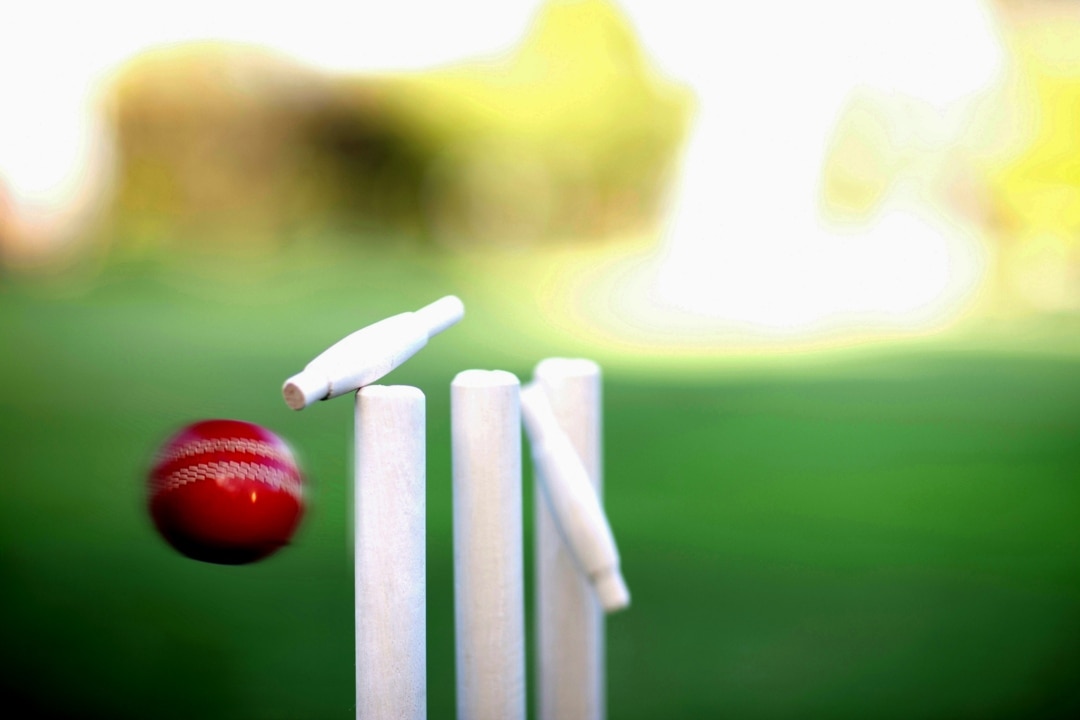
Cricket
Don't miss out on the headlines from Cricket. Followed categories will be added to My News.
- Match fixers claim they paid-off two unnamed Australian players
- Australia-Sri Lanka Test being investigated by ICC
AL JAZEERA’S sensational match-fixing documentary is like one of those action movies you see where the drama is thick in the air but somehow the loose ends just don’t tie up at the end.
It’s all there: the shady characters, the superstar Australian players, suspenseful music, candid footage. But when you strip all that back and just look at the facts, you realise there are holes.
Since disgraced former Pakistan captain Saleem Malik was exposed as a match-fixer in 1995, News Corp cricket staff has investigated hundreds of leads and accusations and are yet to find one piece of evidence suggesting any Australian is guilty of fixing a game.
WATCH THE FULL VIDEO
Mark Waugh and Shane Warne were guilty of taking money for information — not fixing.
Of course, anything is possible — match-fixing in cricket is real and it’s scary — but to date there have been no credible links to Australian players, and this latest episode appears no different.
I was in Ranchi last year for the Indian Test where criminals claim they paid off the two unnamed Aussies to underperform during a specific session of play.
According to the claims, the fixers manipulated a period of 10 overs towards the end of a session and allegedly ordered the two batsmen at the crease to slow down their run rate and score less than two runs in the final over before a break.
Al Jazeera claims that what the fixers said would happen did happen.
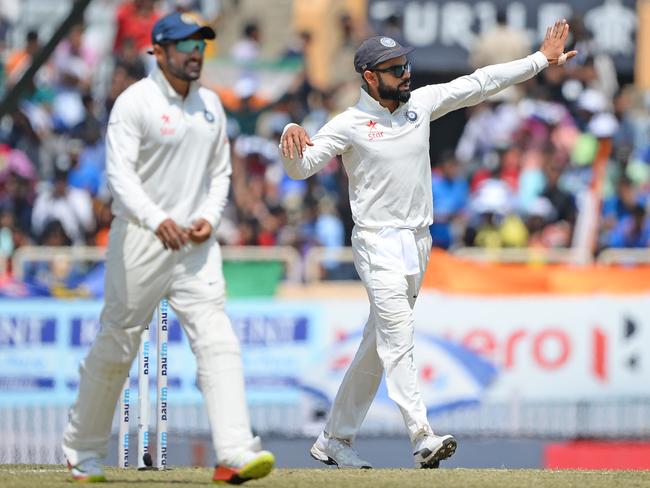
Sure, it sounds eerie, but for all the compelling current affair-style theatre injected by Al Jazeera, the claims are devoid of actual context and reality.
Here is what I do know having covered that third Test at Ranchi: The four-match series was locked at 1-1 and forcing a draw in this match on a flat, docile pitch that offered nothing for the bowlers was not only in Australia’s interests, it was basic cricket common sense.
By saving the game (as did ultimately happen), Australia would keep the series alive for a decider in the fourth and final Test to come in Dharamsala.
And guess what? News flash: Batsmen slow down at the end of sessions so they don’t lose wickets.
The second key contextual point is that Australian cricketers don’t, as a rule, fall into the profile of players Al Jazeera themselves argue are at risk of falling into the trap of fixers.
Pakistan’s Mohammad Amir was young and naive, New Zealand’s Lou Vincent experienced but desperate.
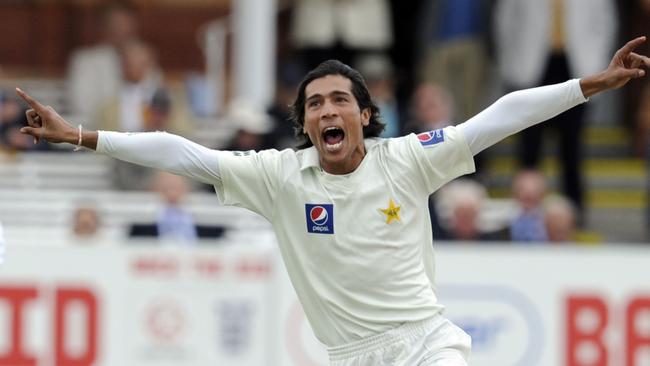
Australia’s unnamed pair would earn an estimated $8 million dollars between them per annum, and they would be complete and utter fools if they were accepting even $200,000 to throw a game.
Also, let’s remember the people making the claims are known criminals who are big-talking, probably for no other reason than they believe they’re going to be paid for it.
As far as they know, they aren’t voluntarily telling all to journalists and hidden cameras, but boasting to wealthy businessmen who they think are looking to line their pockets with gold.
As of last night, Al Jazeera was still to volunteer their unedited footage to the International Cricket Council.
Three current international captains were approached by illegal bookmakers last year and Al Jazeera claims against a dodgy Sri Lankan curator who allegedly doctored a pitch for an Australia Test in 2016 also appear entirely credible.
The threat is real.
But when it comes to Australian players — where is the evidence? These airy claims aren’t good enough.
There will be a new home home of cricket this Aussie summer with FOX SPORTS to broadcast every Test, ODI and Big Bash clash. Join Warnie, Gilly and the team. SIGN UP NOW >
Originally published as Al Jazeera match-fixing documentary: Why claims against Australian players lack context and reality

